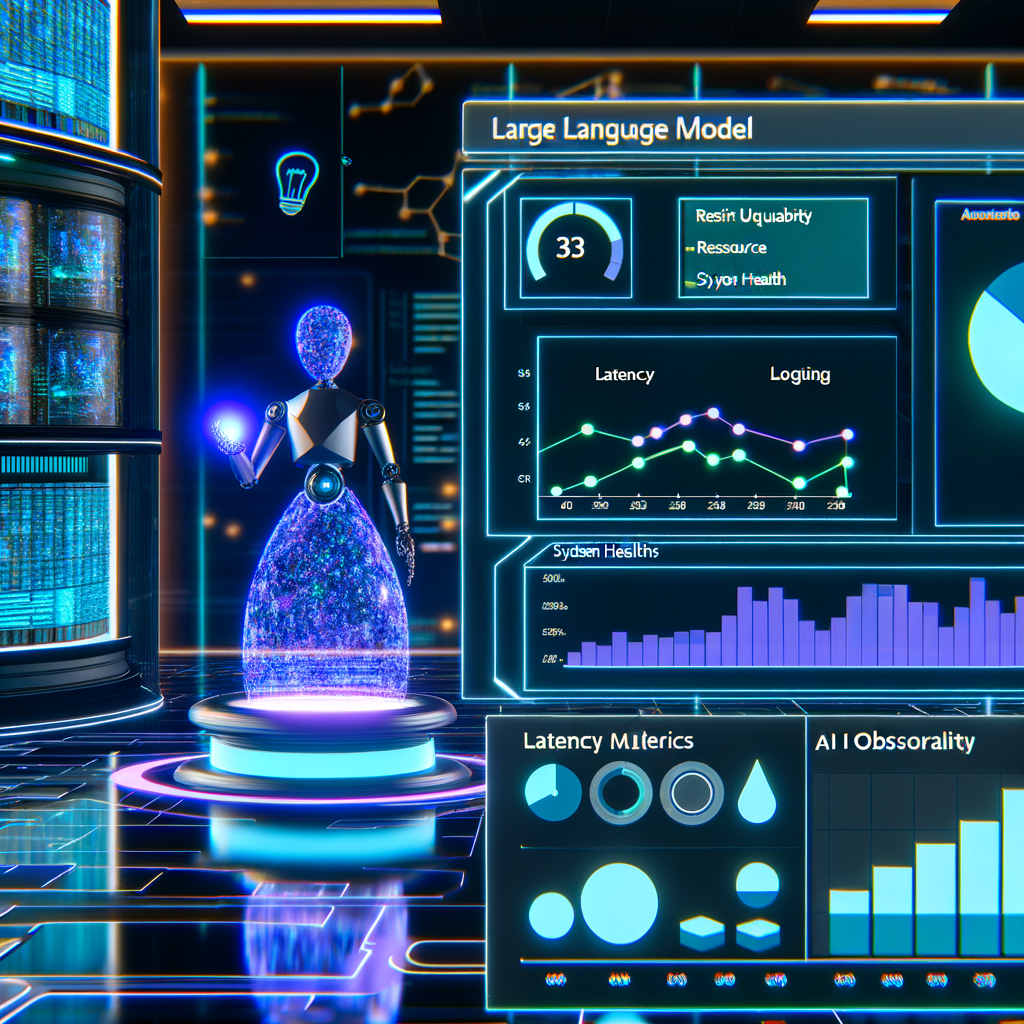Japan Boosts AI Innovation
In today’s fast-paced world of technological advancements, Japan is once again positioning itself as a leader on the global stage. Leveraging its tech-savvy ecosystem, Japan is driving forward with innovations that will shape not just its future, but also set new standards worldwide. The latest chapter in this story? A concerted effort to exert more sovereignty over its burgeoning technological assets through initiatives rooted in artificial intelligence, simulation platforms, and various collaborative models.
Japan’s Push for Tech Sovereignty
Japan has long been at the forefront of technological advancements, from robotics to semiconductors, and now the country seeks to ensure that it remains a pioneer by charting its own course when it comes to core innovations. As the world becomes more reliant on developed ecosystems for its digital backbone, maintaining sovereignty means relying less on external influences and developing proprietary solutions.
Japanese industry leaders are aware of the global implications of this move. As companies in Europe and the U.S. solidify their digital sovereignty, it’s high time Japan takes steps to further its autonomous strategies. Sovereignty may mean more than just security—it could be the key to creating disruptive and groundbreaking platforms, built with a distinctly Japanese vision.
Manufacturing, automotive, 5G, and healthcare industries all stand to benefit greatly from the move, which also plays to a strong point: innovation based on highly localized needs.
Collaborative Innovation
To spearhead this bold new initiative, Japan is working closely with global innovators like NVIDIA, which provides essential tools and systems designed to empower companies to take the next leap. One such tool that’s gaining immense attention is NVIDIA Omniverse, an open-platform enabling enterprises to develop interconnected virtual environments.
What’s interesting here is how these collaborative efforts are breathing new life into Japan’s tech sector. With the help of partners like NVIDIA, Japanese enterprise leaders are combining their own technological prowess alongside multinational solutions to birth something strikingly unique. The Omniverse platform allows for seamless collaboration between industries ranging from manufacturing to entertainment—it’s a digital world where physical possibilities translate into virtual spaces, and teams around the world can co-design on a virtual workbench.
The Omniverse platform creates “digital twins” of real-world processes. Take, for example, a factory. Using digital twins, engineers can simulate the entire production process in real time to understand potential bottlenecks, inefficiencies, or even safety issues before they manifest in the real world.
Unlocking New Potential for Japanese Industries
Japan’s dedication to innovation is translating into tangible results, showcasing the potential for multiple sectors across the country:
Japanese businesses are using technologies like Omniverse to enable real-time collaboration across borders, making everything from auto manufacturers to video game creators rethink how they approach teamwork.
Collaboration Meets Empowerment
Boosting Japan’s place in the technological center stage doesn’t hinge solely on collaboration with strong partners. The country’s consistent innovation mindset means that domestically built systems and designs are being integrated into broader platforms, ensuring greater self-sufficiency.
For Japan, the focus is not just about defending its interests but cultivating a system where innovation without external dependencies thrives. Though collaboration with international players enhances capabilities, at the heart of it all lies a desire to maintain agency over its direction.
“We are in a space where there is no turning back; leveraging unique strengths and innovations will chart the next transformative decade,” remarks a key tech leader.
What’s Next for Japan?
Although Japan’s steps are bold, this is really just the beginning. With industry titans like SoftBank and Toyota making significant strides in adopting innovations rooted in forward-looking ideas, painting the landscape for the future is no small task.
As educational institutions like The University of Tokyo work to tailor the talent of tomorrow, nurturing coders, engineers, and developers with sovereign competencies becomes more crucial. The results—unique platforms specifically tuned to Japan’s industrial, cultural, and economic needs—could reverberate far beyond the archipelago.
Ultimately, Japan’s current roadmap shows more than just competitiveness. It promises an evolving digital landscape where the world looks closely at Japan for its digital infrastructure, benefiting not just its economy but the broader world economy.
Conclusion: Japan’s Moment to Lead
Japan is clearly demonstrating that its ability to trailblaze remains undimmed, leveraging disruptive solutions geared toward untethered innovation and broader development. Through collaborations backed by major players like NVIDIA and leading universities, the country is setting the tone for innovation in the next decade. From collaborative platforms such as Omniverse to localized industrial applications, the future of tech sovereignty is being written with purpose. Japan’s commitment to breakthroughs signals not only resilience but a bold embrace of the future.
The age of sovereign tech leadership is here—Japan isn’t just participating but leading the way.


